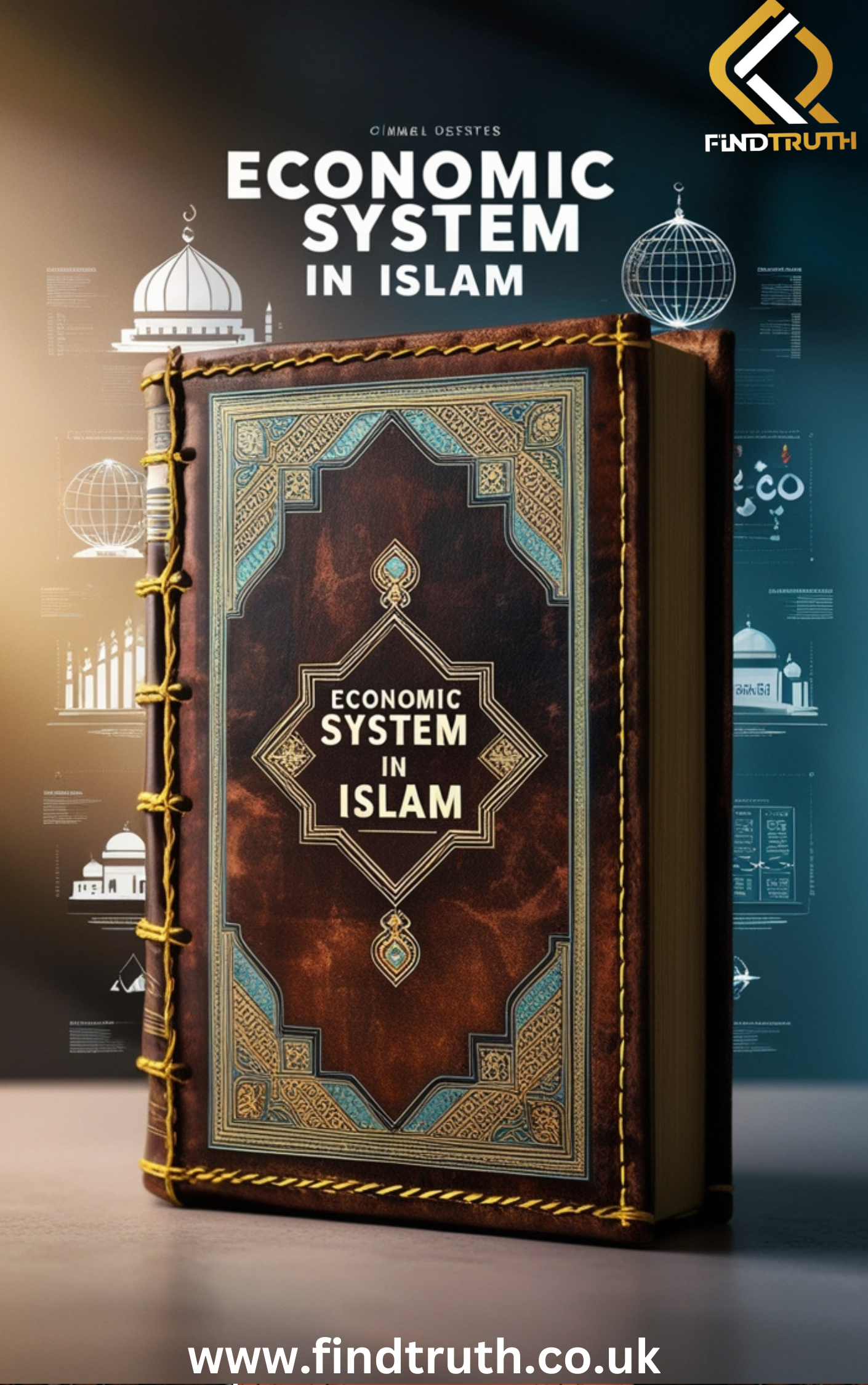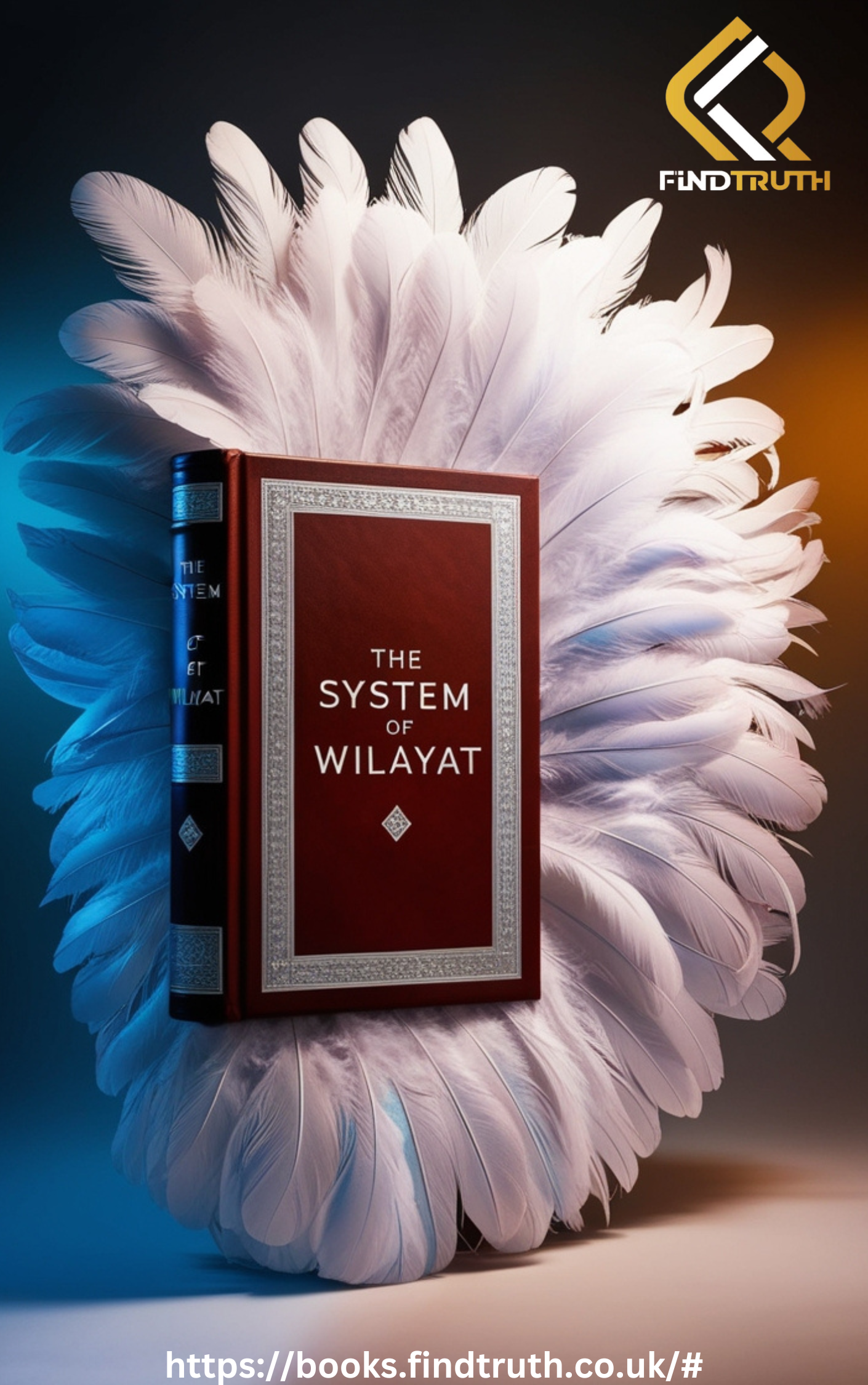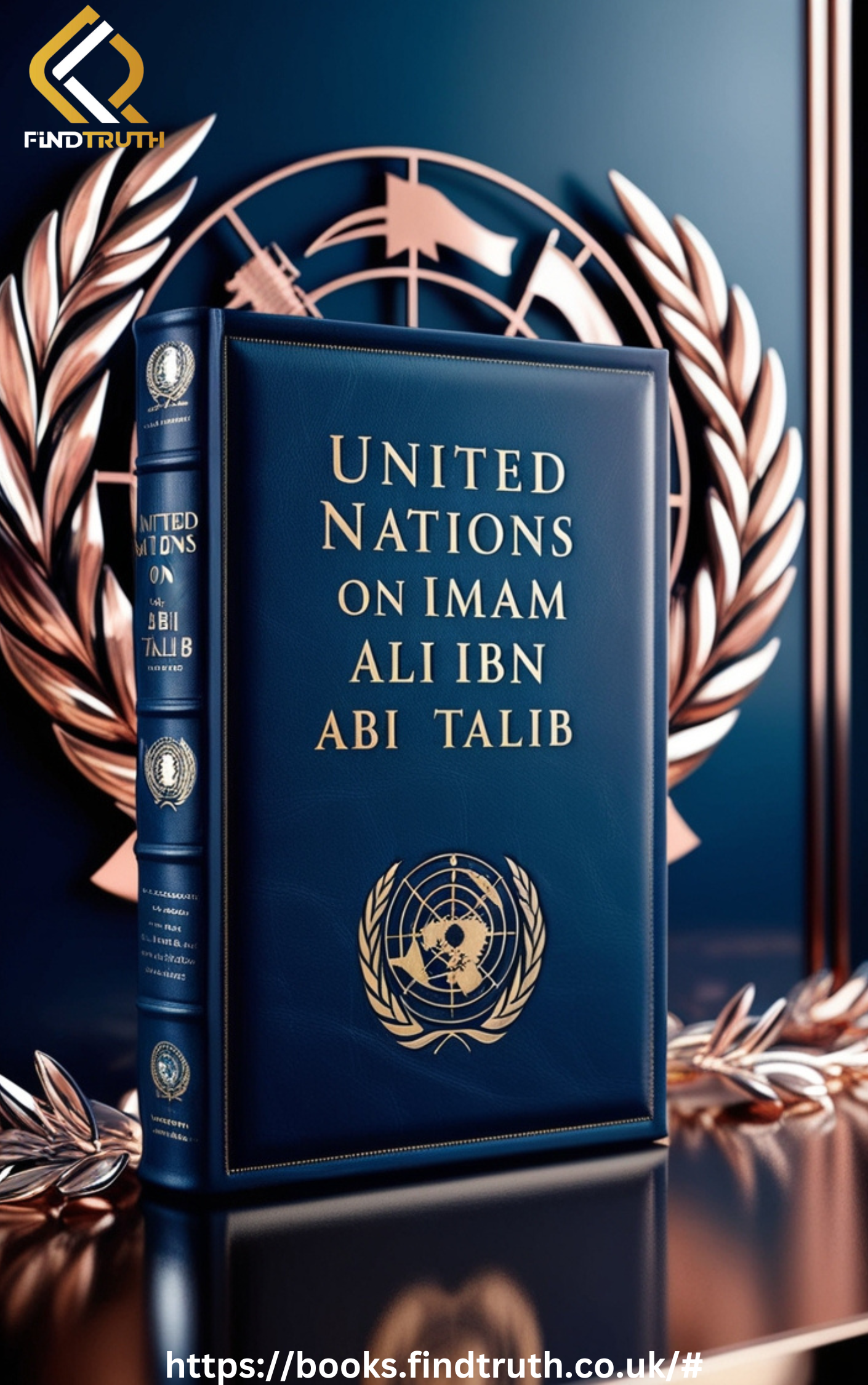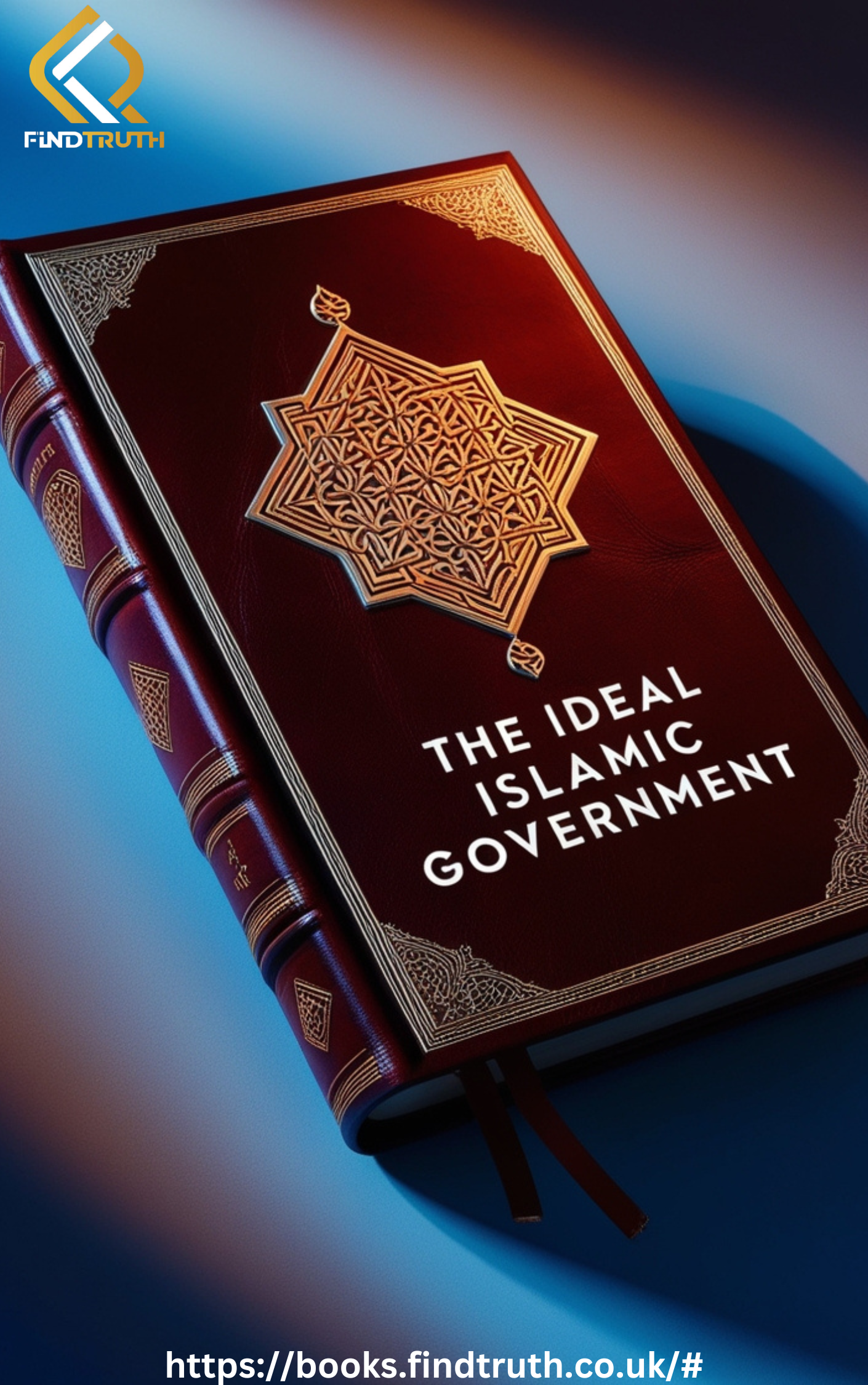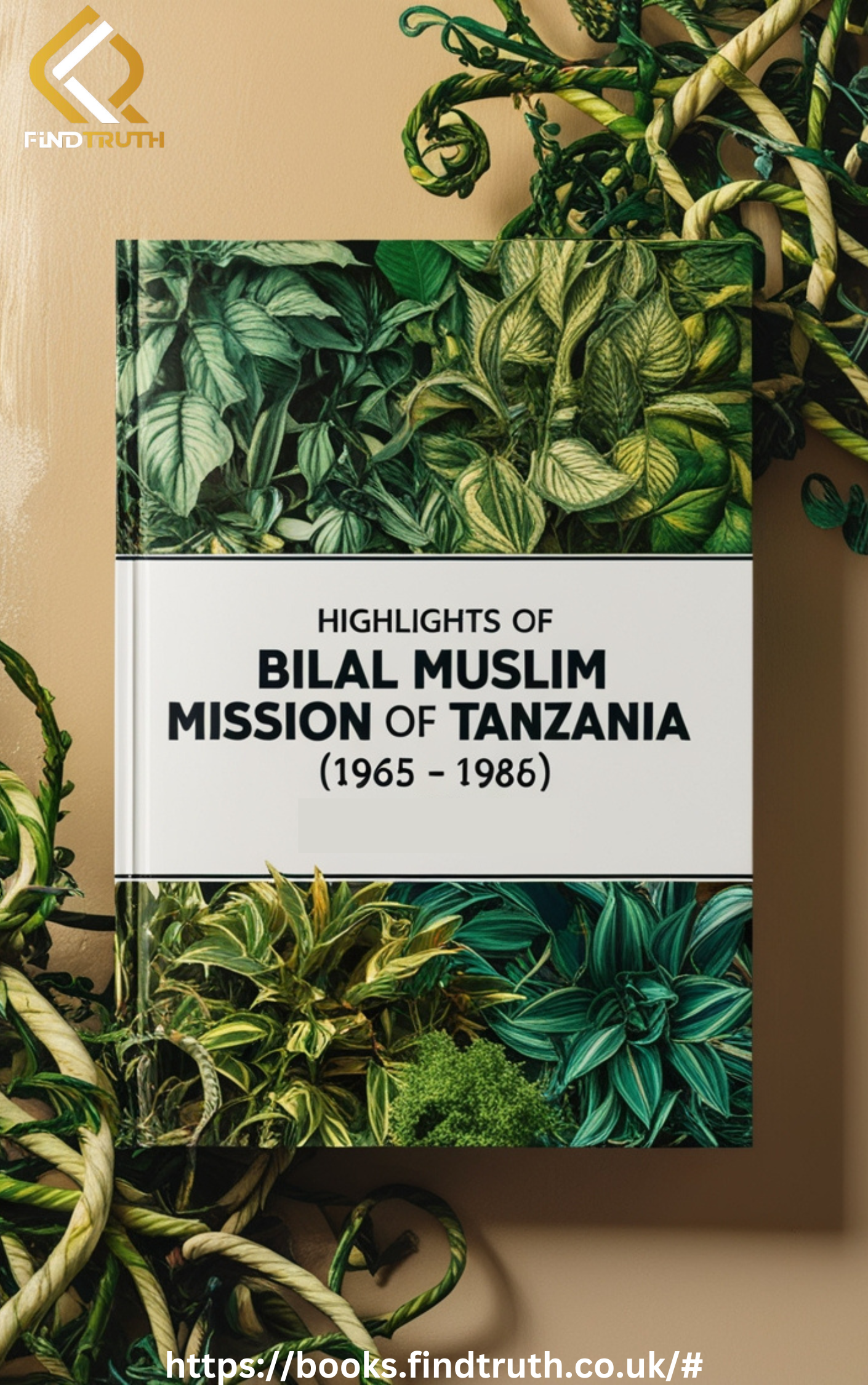
- Beliefs
-
Muslim Practices
- Salah (Daily Prayers)
- Sawm (Fasting)
- Hajj (Pilgramage to Makkah)
- Zakah (Charity Giving)
- Khums (Giving One-Fifth of Annual Saving)
- Jihad (Striving in the Way of God)
- Amr bil Ma'ruf (Encouraging Good)
- Nahy 'an al-Munkar (Stopping Evil)
- Tawalla (Loving the Prophet & His Family)
- Tabarra (Disassociating from the Enemies of the Prophet and His Family)
- Islamic Education
-
Akhlaq - (Ethics)
-
Quran & Sciences
-
Islamic History
-
Socio-Cultural
- Islamic Holy Places
-
Supplications
- Home
- Feature Selections ★
- Beliefs 🛐
-
Muslim Practices ☪️
- Salah (Daily Prayers)
- Sawm (Fasting)
- Hajj (Pilgramage to Makkah)
- Zakah (Charity Giving)
- Khums (Giving One-Fifth of Annual Saving)
- Jihad (Striving in the Way of God)
- Amr bil Ma'ruf (Encouraging Good)
- Nahy 'an al-Munkar (Stopping Evil)
- Tawalla (Loving the Prophet & His Family)
- Tabarra (Disassociating from the Enemies of the Prophet and His Family)
- Islamic Education
-
Akhlaq - Ethics 🔑
- Quran and Sciences 📖
-
Islamic History
- Socio-Cultural
- Islamic Holy Places
- eBooks
- Economic System in Islam
Economic System in Islam
"Economic System in Islam" explores the foundations of Islamic economics, emphasizing fair trade, wealth distribution, and social welfare as outlined in the Quran and Hadith. The book highlights key economic principles such as prohibition of Riba (usury), Zakat (charity), risk-sharing, and ethical investments. It also examines how an Islamic economic model differs from capitalist and socialist systems while promoting sustainable economic growth and financial justice.
Key topics include:
✔️ Basic principles of the Islamic economic system
✔️ Wealth distribution and social justice in Islam
✔️ Riba (usury) and its prohibition in Islam
✔️ Zakat, Sadaqah, and economic welfare
✔️ Islamic banking and finance
✔️ Comparisons with capitalist and socialist economies
This book is an essential resource for students, economists, and researchers interested in understanding how Islamic economic principles create a just and ethical financial system.
